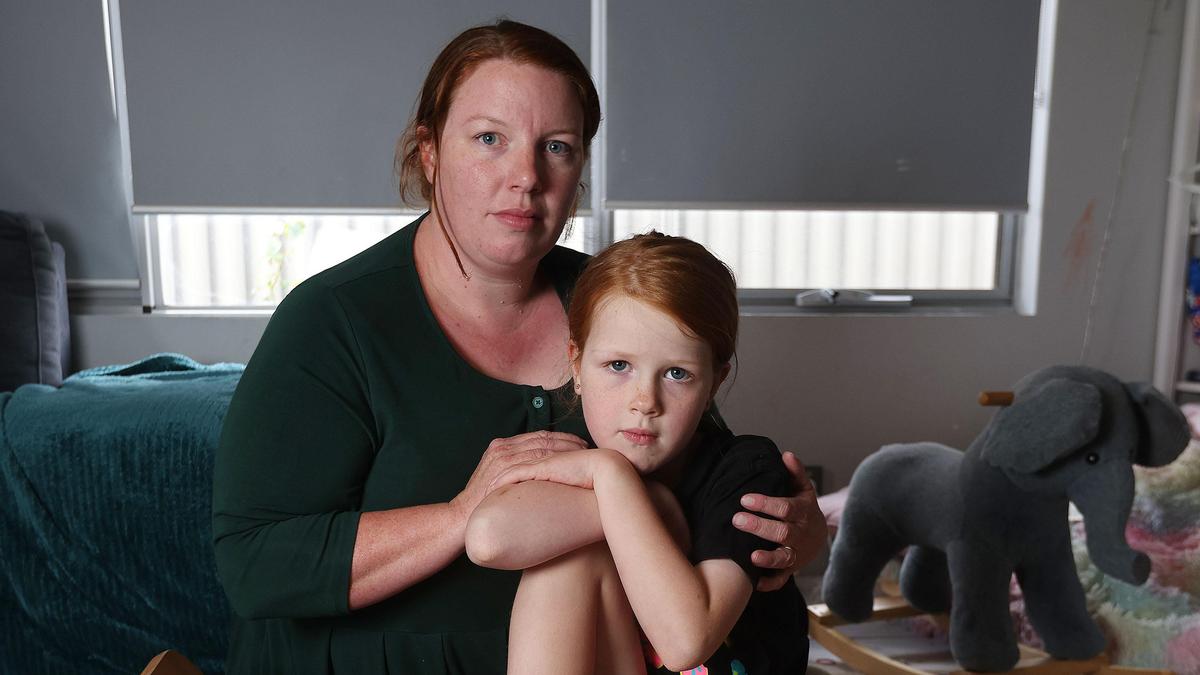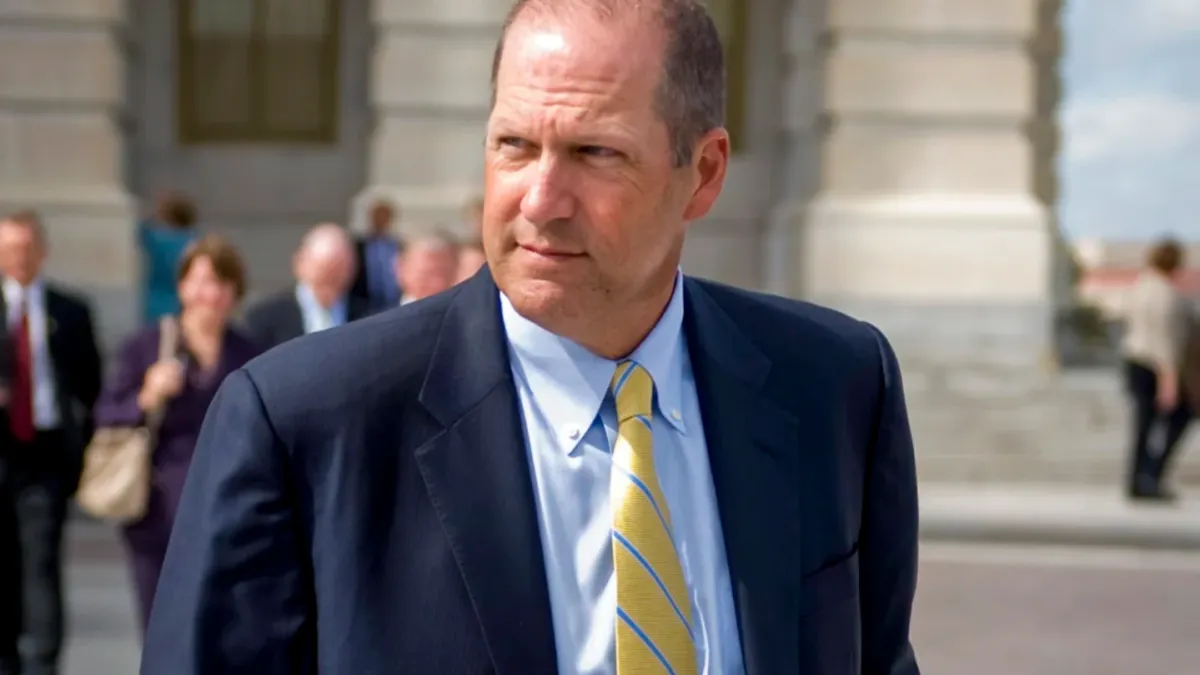Copyright thewest

Perth children with developmental and behavioural issues are waiting more than four years for an appointment with a paediatrician, with desperate parents left with little or no support as the public waitlist climbs to almost 12,000. Dozens of families have told The West Australian of the “immense emotional toll” from waiting years for a diagnosis of autism spectrum disorder or attention deficit hyperactivity disorder, and the grief of knowing their struggling children are missing out on crucial early intervention. In some cases, Perth children are going through their entire primary school years waiting for a diagnostic assessment with a public paediatrician. Currently only developmental paediatricians can diagnose ADHD in children and prescribe medication, and children with autism need a paediatrician diagnosis in order to receive support at school. An autism diagnosis also allows some families to access the National Disability Insurance Scheme. But an explosion in the number of children receiving diagnoses for neurodevelopmental conditions and a shortage of paediatricians has left thousands of families with little or no support and causing a flow-on effect of behavioural issues in schools and homes. The cost of private treatment is prohibitive for many families, and most private developmental paediatricians are no longer taking new patients, forcing families to seek support from the public Child Development Service at a rate of more than 200 a month. As of September 30, 11,953 primary school aged Perth children were waiting to access a paediatrician, which is almost double the number from two years ago. The median wait time is 18.7 months. The West Australian this week spoke to numerous families who have been on the list for more than four years. Wellard mother of three Zoe Noakes submitted her daughter Sierra’s referral to the CDS in mid 2022 and is still waiting for an initial appointment. The family has a strong history of autism and ADHD. Mrs Noakes spoke to the CDS last month and was told there were another 70 children in front of her daughter and it would be at least another 12 months before she had an appointment. “I have received two messages asking me to remove her from the waitlist if she doesn’t need it anymore, if anything she needs it more than what she did we went on it, and at that time we were told we’d be waiting 12 to 18 months,” she said. “There’s no way we can afford to go private and it’s hard not to feel like we’ve failed her.” Doctors and therapy providers have warned children are slipping between the cracks. In response to the crisis, local charity and therapy provider KidsAreKids has started offering scholarships to vulnerable, disadvantaged families so children can access private autism assessments and treatment. Their latest round attracted 170 applications, which executive officer Lisa Hoffman said demonstrated the urgent need. We are trying to prioritise children who need it most but the reality is, we’re not going to be able to see even a quarter of the 170. “It is overwhelming. Families are trying everything they can to access services and advocate for their child, and they’re feeling helpless because they’re unsupported,” she said. “A lot of these children are more at risk the longer they wait. Their mental health suffers, school refusal can start, their behaviours at school can escalate because they are being misunderstood in terms of their needs. “This is despite the best efforts of teaching staff. But if people don’t understand what the child’s needs are, because they don’t have an accurate diagnosis, it’s much harder to provide the most effective help.” Ms Hoffman said many families who applied for the scholarship were waiting for public services and could not afford a private assessment. “Often families have a number of children with significant needs. We are trying to prioritise children who need it most but the reality is, we’re not going to be able to see even a quarter of the 170.” Baldivis mother Sharri-Ann Swan’s son Ezekiel, 7, was diagnosed with autism in August after receiving a KidsAreKids scholarship. He was placed on the public waitlist at the age of three, and received an ADHD diagnosis by a CDS paediatrician two years later. Despite autism being flagged by teachers and therapists, he was placed back on the waitlist for a separate autism assessment and had been waiting almost three years when he received the scholarship. Prior to his diagnosis he missed two terms of schooling, as his primary school was unable to provide him with appropriate support. “I could not be more thankful (to KidsAreKids), it’s so hard when you know something’s not right with your child but you can’t help them, so many families are left in the dust,” Ms Swan said. “It was disheartening watching my son struggle and as a parent I couldn’t help him.” Their comments came as the State Government’s initiative to upskill GPs to diagnose and treat ADHD in children aged 10 and over began this week. The first cohort of 17 doctors started training on Friday and by August next year it is hoped 65 doctors will have completed the program. A mother-of-four who did not want to be identified said her son, 7, displayed signs of autism and she had supporting documents from his school to confirm this. But because a psychologist had diagnosed him with ADHD, she was told he must first go on the public wait list for an ADHD assessment and treatment. “Then they will re-evaluate whether he can go back on the waiting list. This will take years, and without being on an autism wait list he can’t receive any support in the classroom or from the school which he very much needs, he is falling behind,” she said. “Unfortunately, I don’t have the funds to go private, we are of first nations descent and I am just trying hard to advocate and find the fastest solution to help my son achieve his full potential in life. “They state early intervention is best but children are missing out on crucial support and intervention.” Pia Hazelwood is the founder of Perth Kids Hub, an online directory of paediatricians and allied health professionals which aims to help families find support. She monitors openings with private paediatricians and said the situation was “dire”. Several private specialists have recently left the profession, leaving their current patients in limbo and increasing pressure on those still hoping to secure a private appointment. “It’s the vulnerable families who are missing out and it’s becoming almost a privileged system, there is no availability and access unless you can afford it and have the capacity to advocate,” she said. “If we were providing support early on, around screening kids who need additional support, we wouldn’t have as many issues further down the track. “It’s a pipeline into prison, kids are disengaged at school, there’s teacher burnout from behavioural issues in classrooms, we’re increasingly seeing parents home schooling unintentionally.” The total number of under 18s on the waitlist for a paediatrician is 14,121. The waitlist for speech therapy is 6049 children and adolescents, occupational therapy is 5011 and physiotherapy is 948. Opposition health spokeswoman Libby Mettam said the WA Government had “comprehensively failed” children. “Significant delays in specialist appointments could lead these children to lifelong disadvantage, and it should not be ignored,” she said. “Upskilling 17 GPs is a positive step but realistically it will do little to address what is such a significant waitlist.” Health Minister Meredith Hammat said the Government was acting on the backlogs. “Wait times for paediatricians are too long, and that’s why the State Government is delivering the Child Development Services System Reform Program,” she said. “The reform program is focused on reducing wait times and improving access to timely and appropriate assessment, diagnosis, treatment and support for children and families across WA. We’ve recently boosted the CDS workforce with an additional 100 FTE and we’re trialling increased open hours on Saturdays at some CDS facilities. “Our ADHD Training Program is in addition to those reforms. The ADHD program will improve access to ADHD care, helping more people access early diagnosis and treatment, especially in regional areas. The program will be closely monitored and opportunities to improve will be regularly considered.” A WA Health spokesman said the department was committed to ensuring all children have timely access to the support they need to thrive. “The State Government is currently delivering the Child Development Services System Reform Program which is focused on reducing wait times and improving access to timely and appropriate assessment, diagnosis, treatment and support for children and families across WA,” he said. The spokesman said the number of developmental paediatricians attached to the CDS had increased for the past three years and was at 40 full-time equivalent clinicians. He said all children referred to the CDS with concerns relating to ADHD, autism or any other neurodevelopmental conditions are placed on a single waitlist. If during an initial service planning appointment a child is identified as showing clear features of autism, they may be added to an autism multidisciplinary assessment waitlist. “CDS has processes in place to minimise delays and ensure children move through the waiting periods as efficiently as possible,” he said. “Children in these instances may also be referred to the Neurodevelopmental Disability Assessment Service, delivered by the Department of Communities.”



